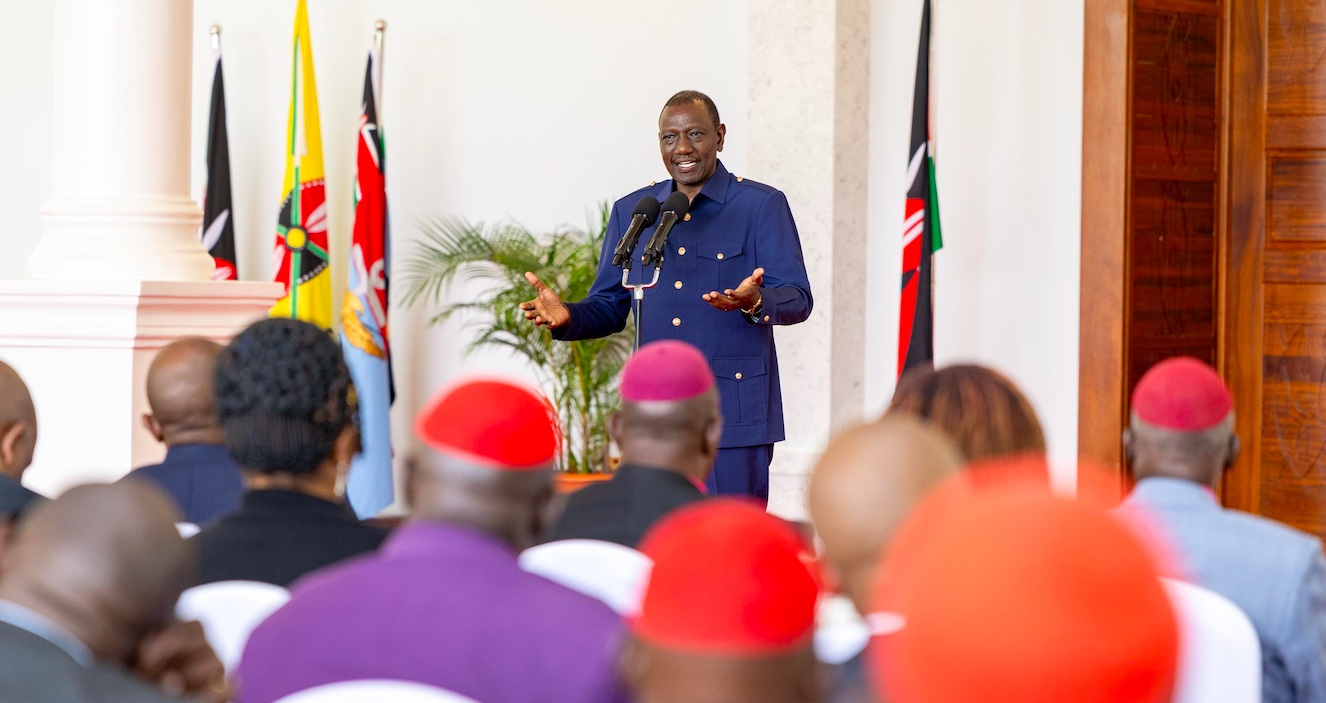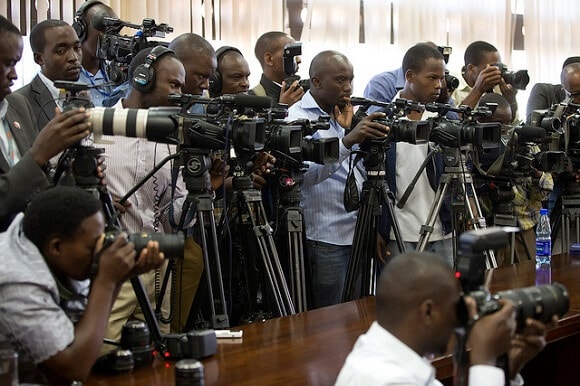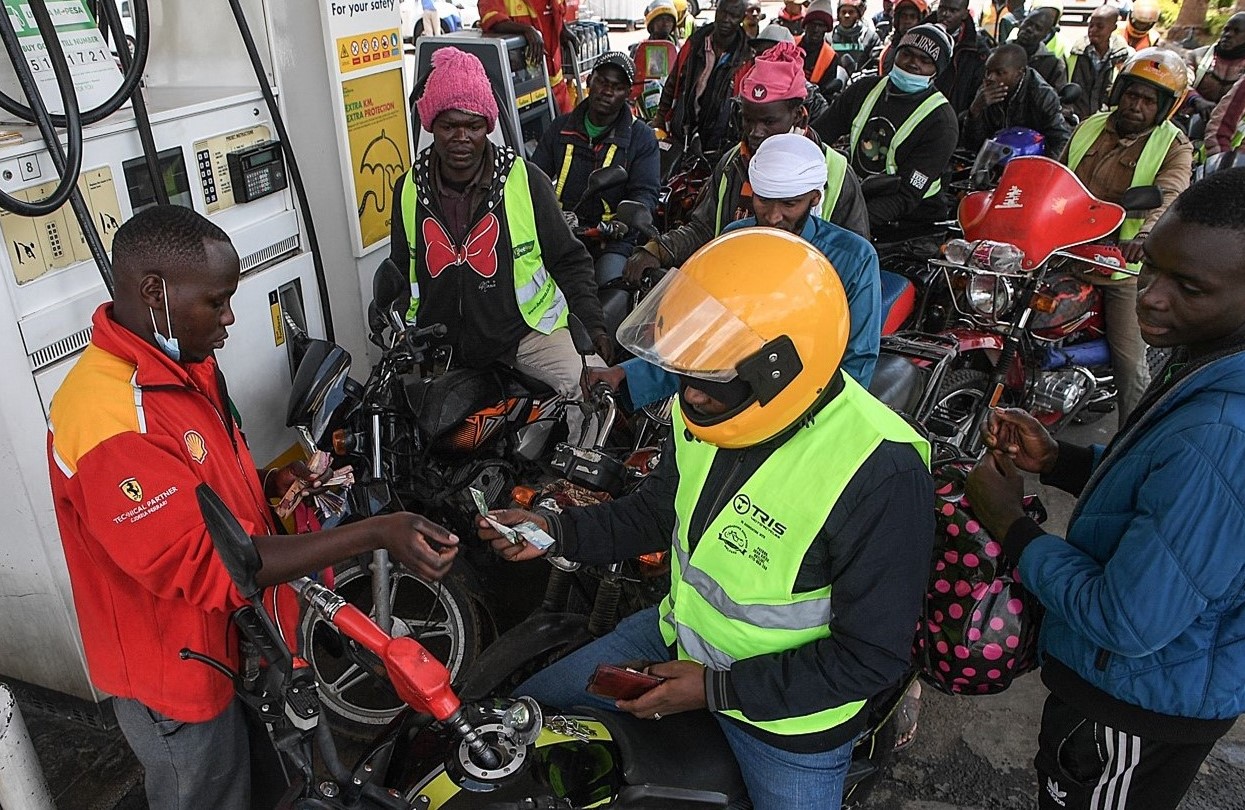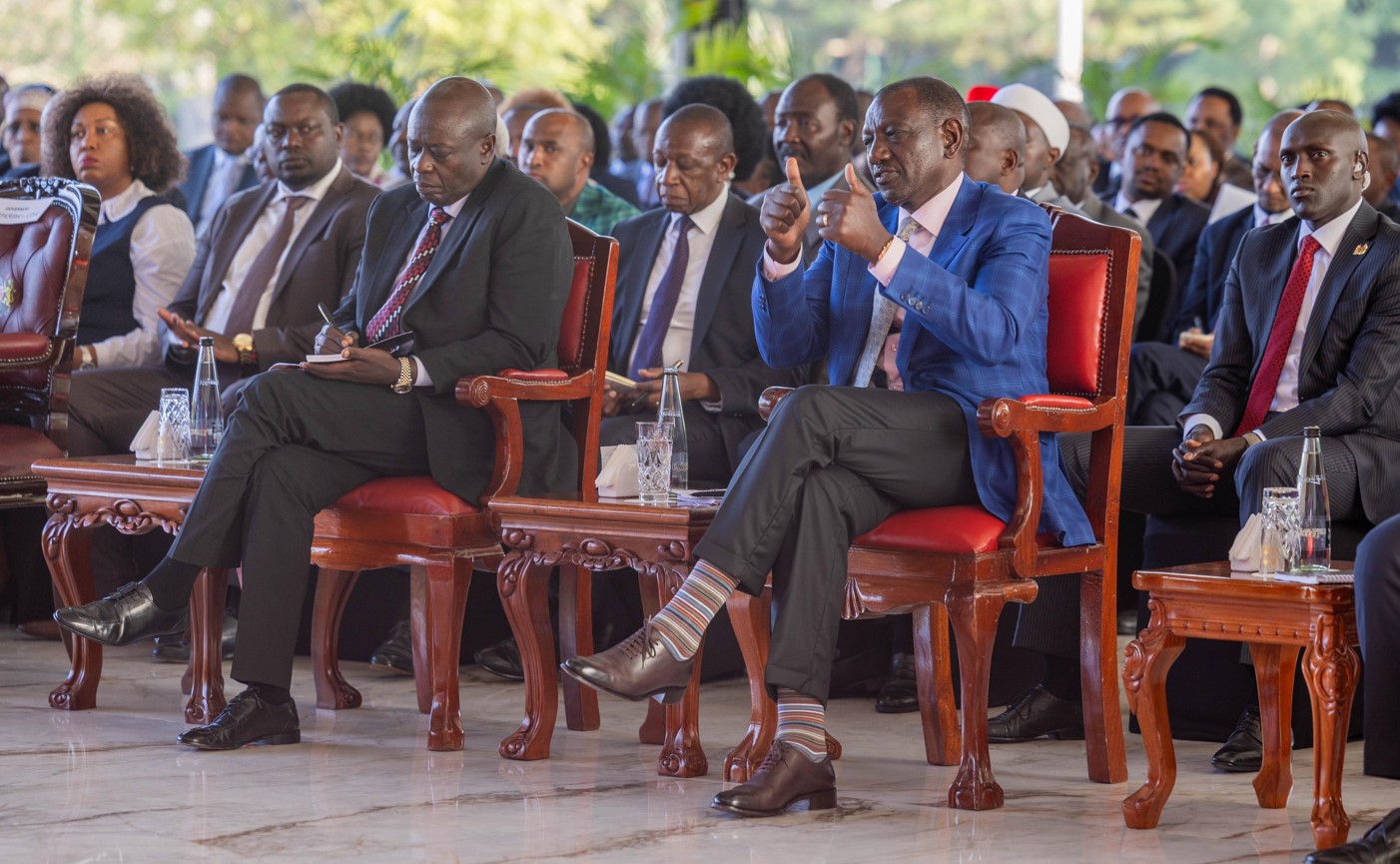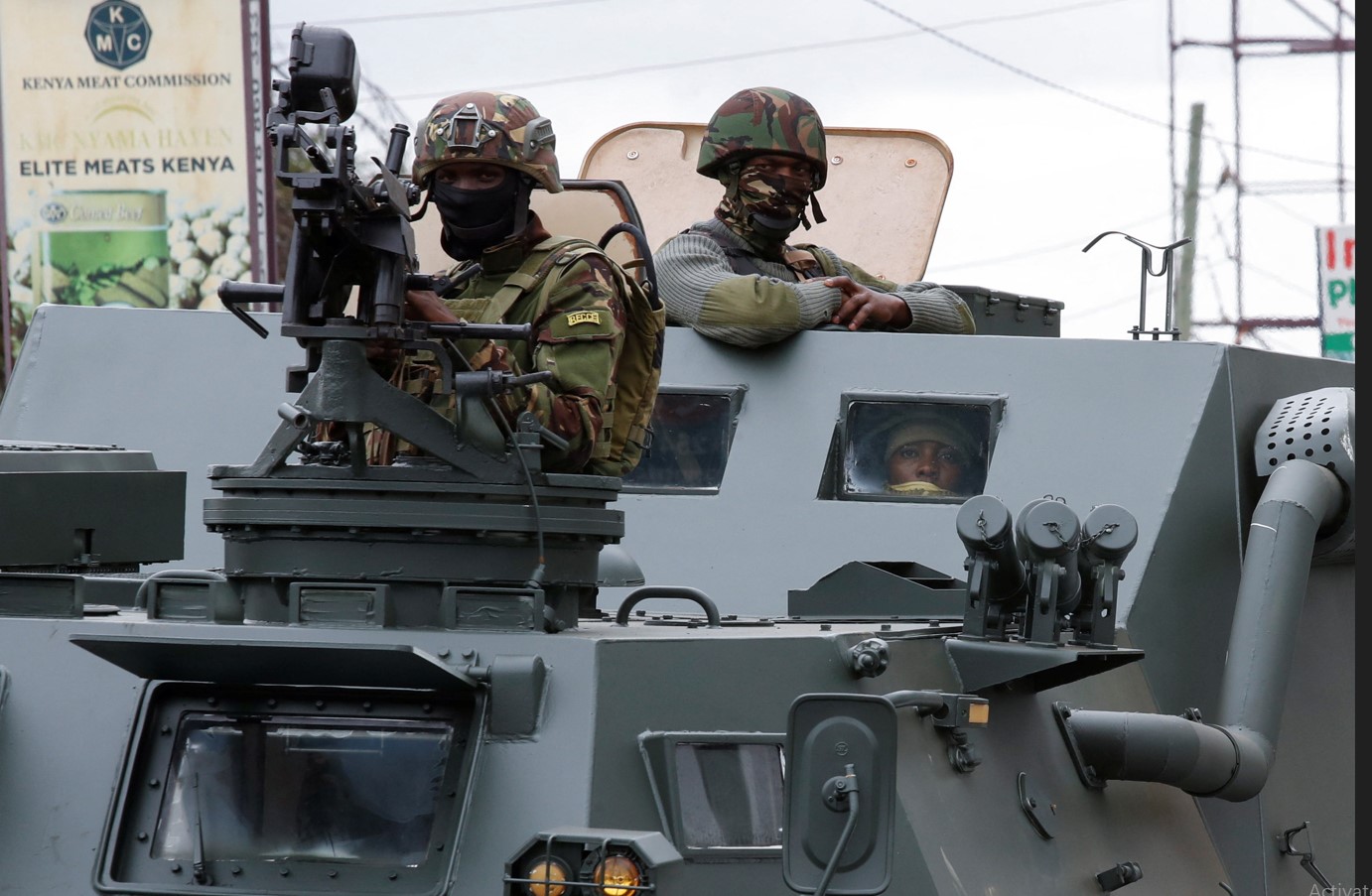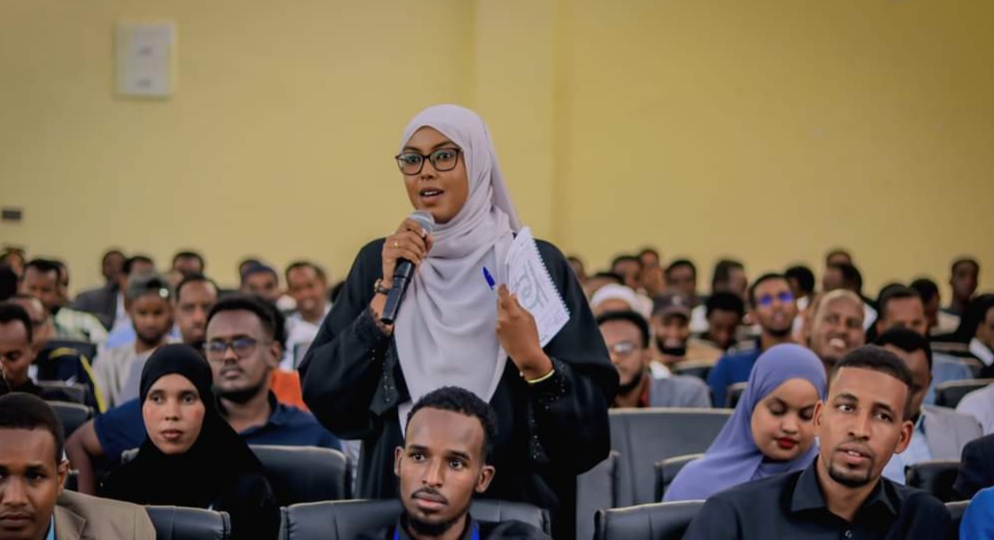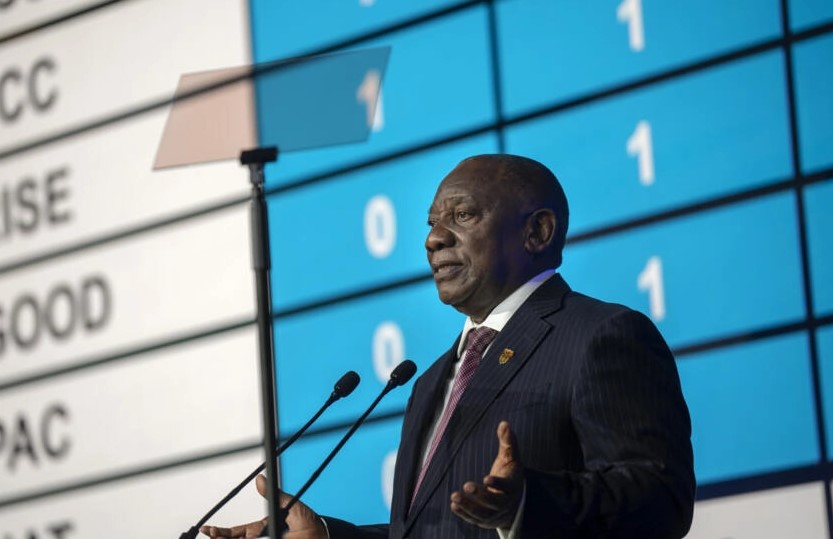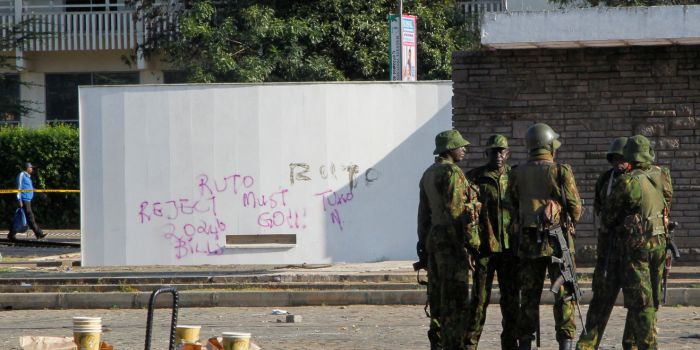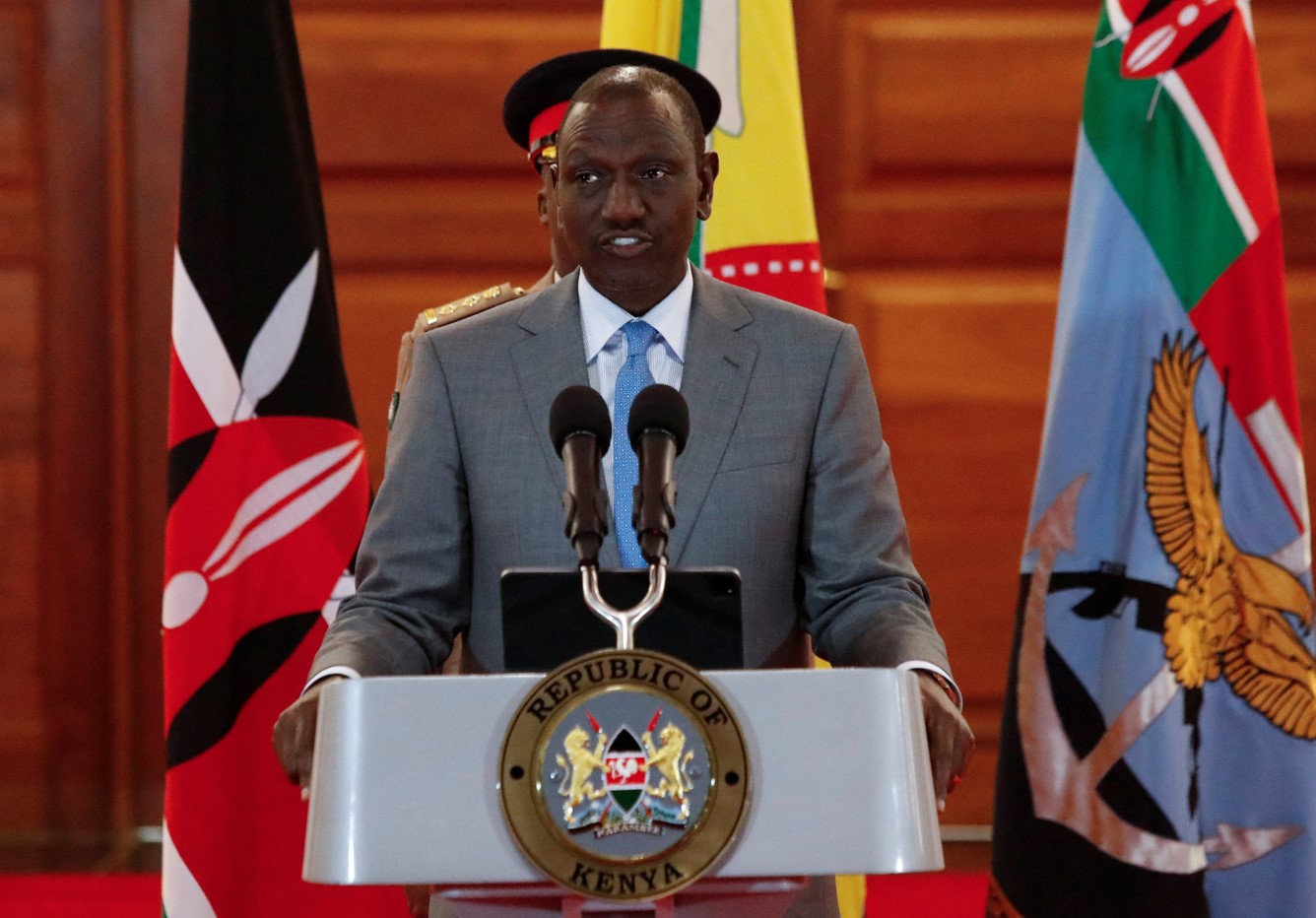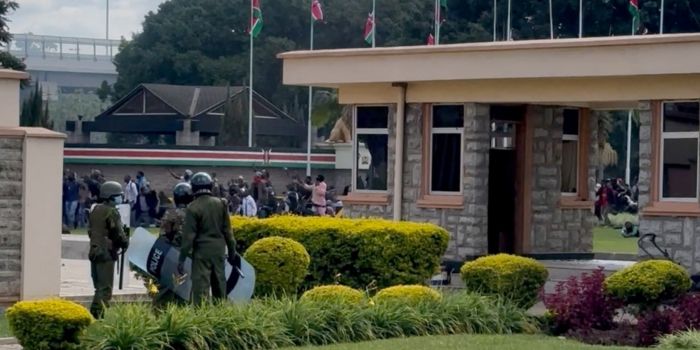State to produce 15,000 Maisha Cards daily, applicants to receive documents in 21 days
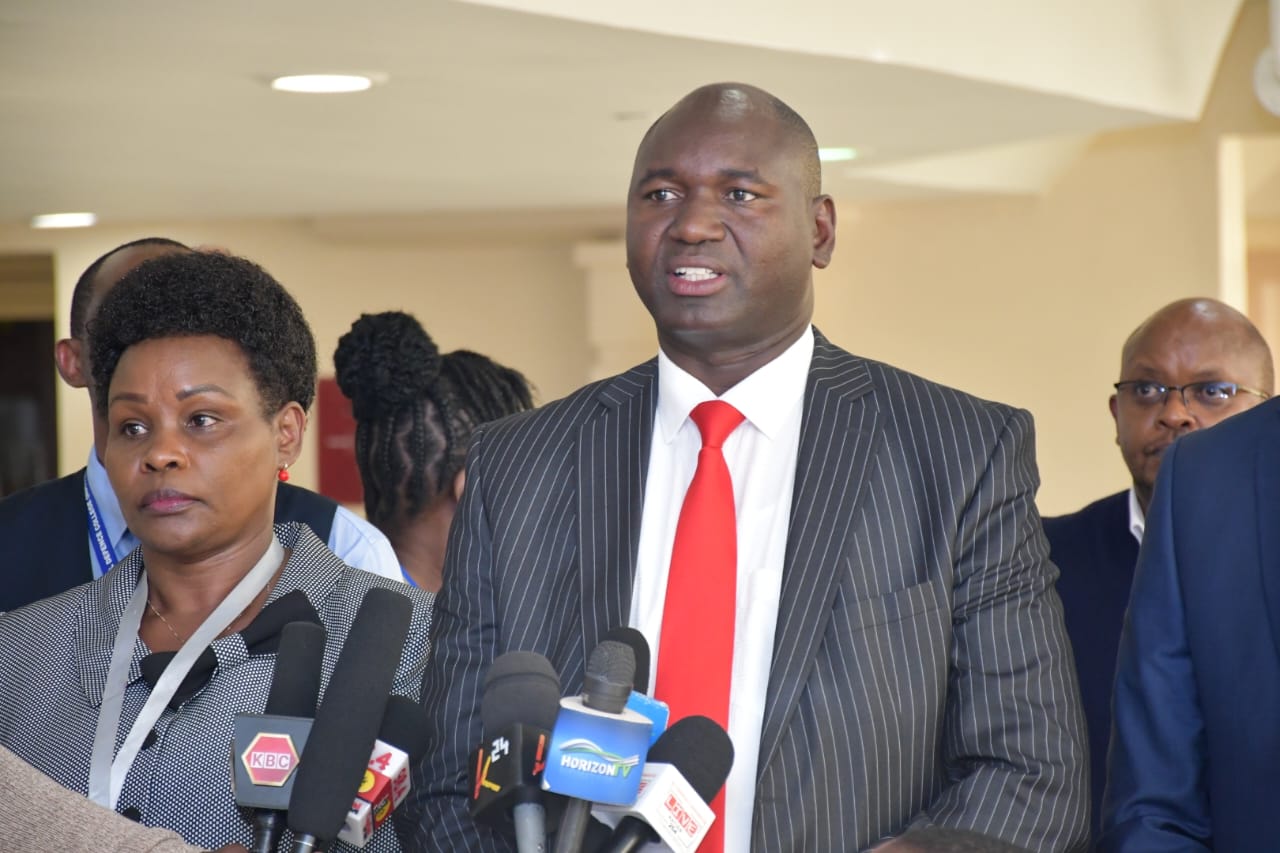
By Mary Wambui |
Since the introduction of Maisha cards, the government has printed and rolled out 600,000 cards and hopes to have concluded onboarding all citizens within three years.
The government is now producing 15,000 Maisha Cards daily after completing repairs on the printing machine and with the introduction of a 24-hour printing programme.
It is currently facing a demand of 8,000 new applicants daily against the daily capacity of 15,000 cards.
Keep reading
- Kenya protests expose jet-setting Ruto's neglect of discontent at home
- 'It's not about Finance Bill anymore' - Gen Zs vow to proceed with protests
- President Ruto appoints 20 new High Court Judges following JSC recommendations
- Government sets sights on Sh1 billion daily revenue from eCitizen platform
Consequently, all applicants across the country including border counties will receive their cards within 21 days of their application.
Immigration and Citizen Services Principal Secretary Julius Bitok said another backlog of about 400,000 cards caused by the ban on card printing in November last year will be finalised within a month. The ban was lifted in February this year by the High Court.
The PS, who assessed the cards printing at the National Registration Bureau (NRB) in Nairobi, added that an additional machine had been procured to cope with the growing demand for the cards.
"With the capacity of 15,000 cards a day versus a demand of 8,000 daily, we can meet the demand. However, we are planning to bring in a new machine so that we double the capacity to about 30,000 a day," added the PS.
He noted that the first half of the year is usually peak season as demand for the card grows as more students transition into adulthood after finishing secondary education.
"We are working very hard to make sure that every Kenyan gets this vital document in time, unlike before when we had challenges with the machine, court issues and so forth," he said.
He added that, currently there are no backlogs of Maisha cards that are yet to be dispatched as most are applied for on demand.
He, however, urged Kenyans yet to collect their second-generation ID cards to do so.
Since the introduction of Maisha cards, the government has printed and rolled out 600,000 cards and hopes to have concluded onboarding all citizens within three years.
"We started the journey towards the 3rd generation ID last year after the president directed us to ensure that we upgrade our IDentity on July 2023, we have given ourselves a period of three years to fully transition everyone towards the Maisha card," he said.
Under the new identity, Kenyans will enjoy a Maisha number that is given to newborns; then the Maisha card, followed by a digital ID-the digital version of the Maisha card and finally be registered under the Maisha Integrated Database.
"We have been able to integrate all our databases including immigration, civil, NRB, and refugee databases so that the database of all persons in Kenya is centralised into the Maisha Integrated Database which was formerly called IPRS," said the PS.




